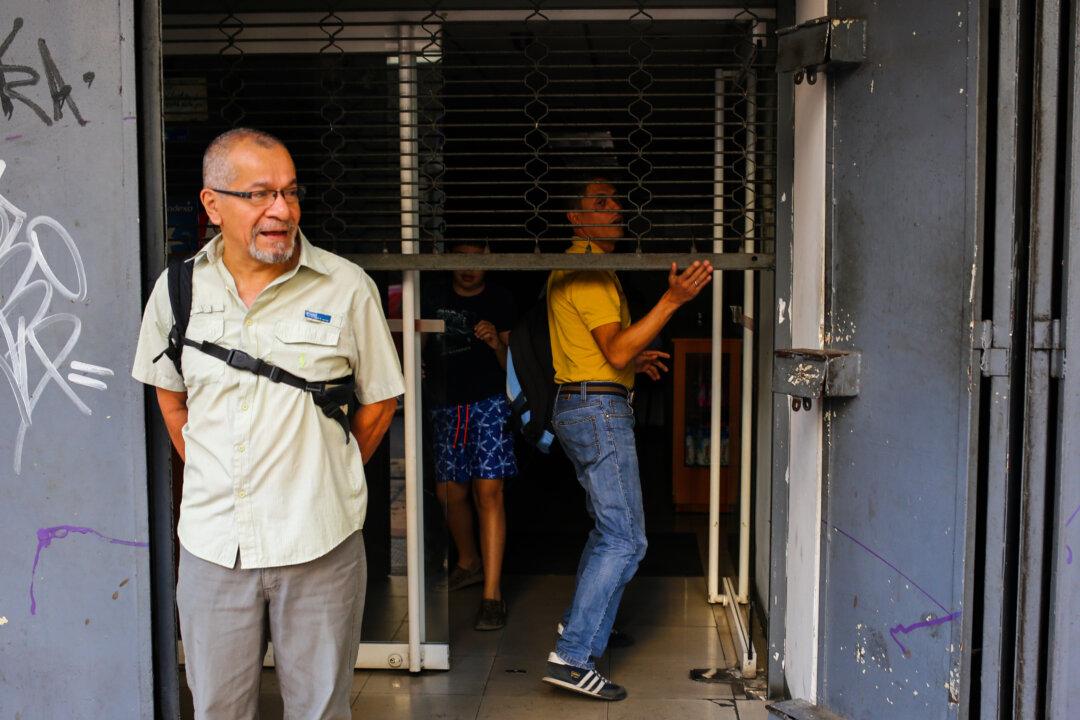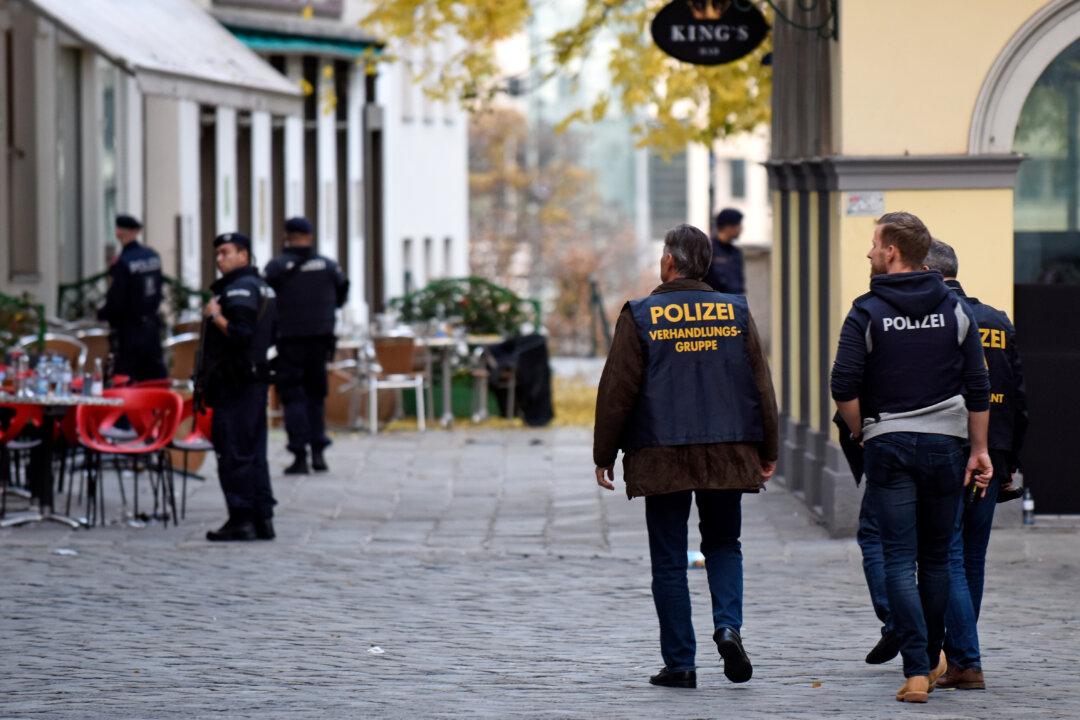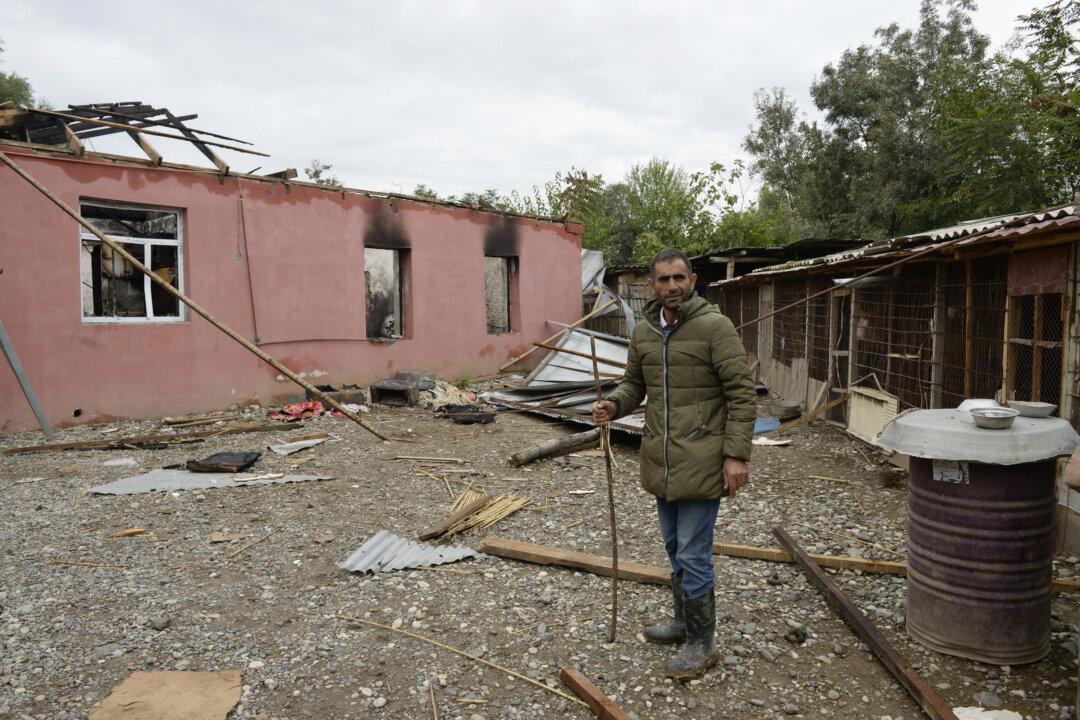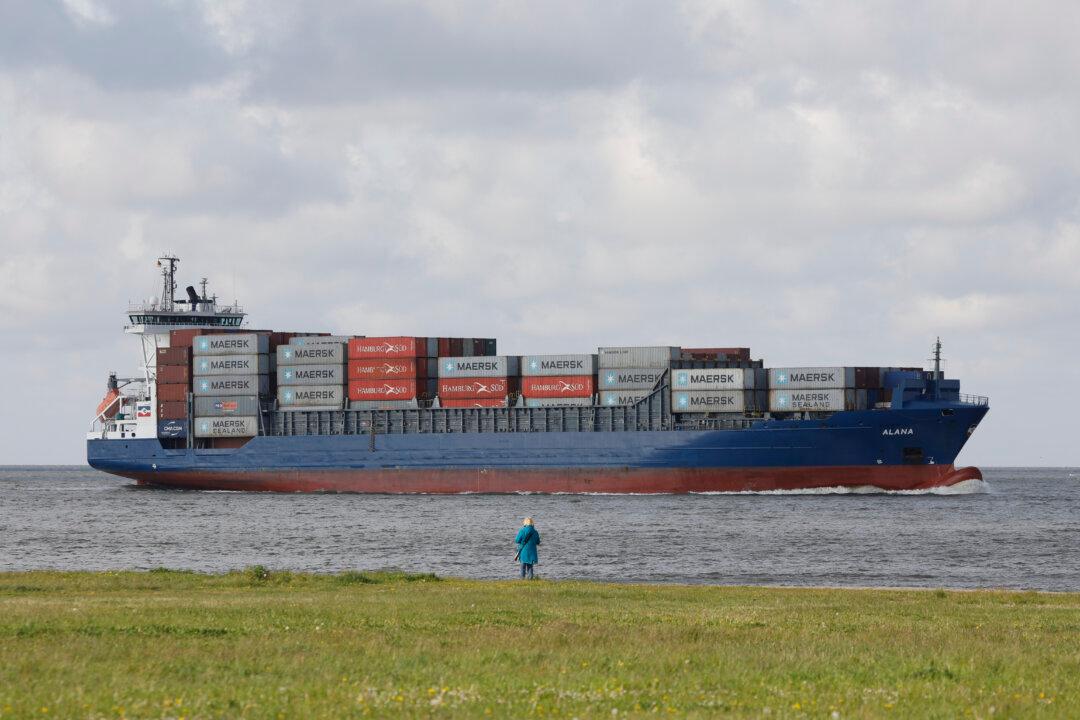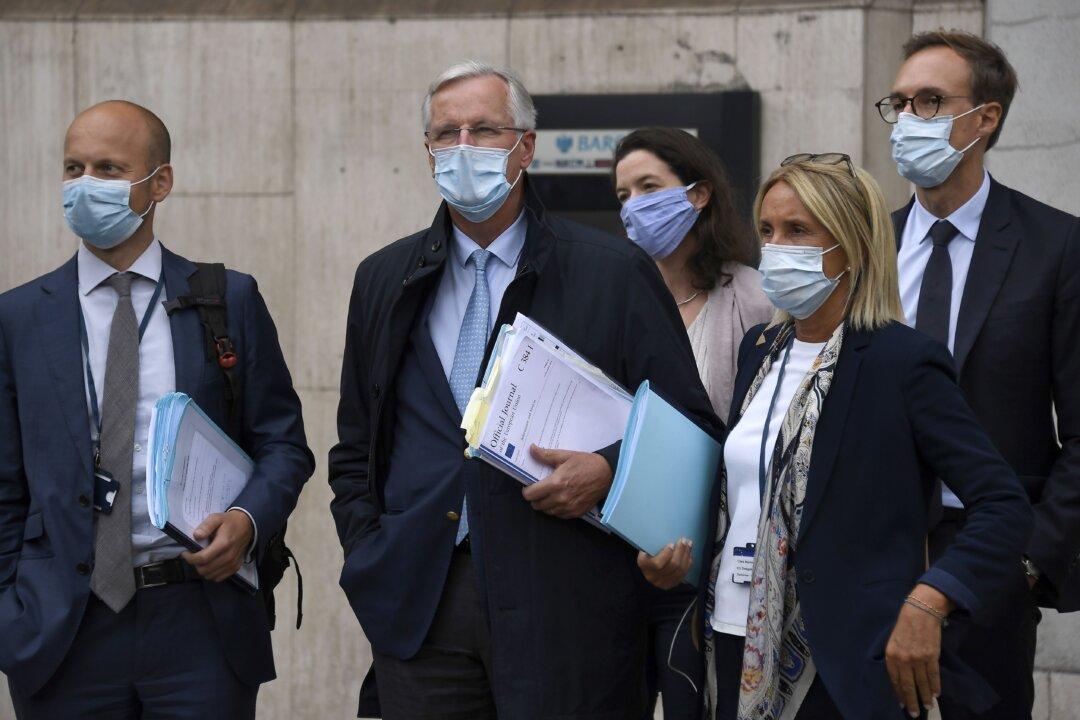BRUSSELS—The European Parliament has called for further sanctions against key figures in the Venezuelan regime including asset freezes and restrictions of their movements, as well as those of their families.
European lawmakers sitting in Strasbourg voted through a new resolution on March 28 that also stated that the EU should provide emergency funding to neighboring countries that are taking in large numbers of refugees.
